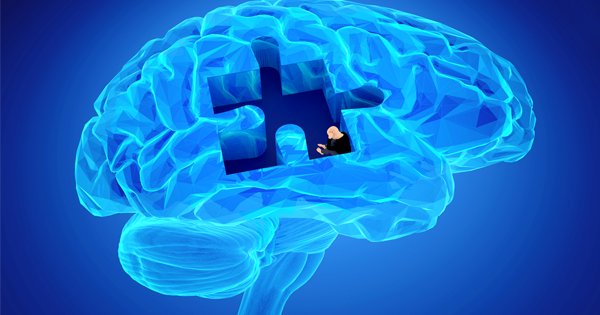Up until now, we’ve assumed that Alzheimer’s can only be transmitted genetically. Either that, or it would just pop up sometimes, with no reason.
But now a new study of people who have received injections of human growth hormones suggests that Alzheimer’s may actually be transmittable.
The study was done on eight adults between the ages of 36 and 51, all of whom had died of Creutzfeldt-Jakob disease and all of whom had received growth hormones as children.
However, upon autopsy, they found that seven of their brains contained the misfolded brain proteins that are associated with early signs of Alzheimer’s.
Their brains didn’t show full-blown Alzheimer’s, but it’s safe to assume that this may have developed as they got older.
What does this mean? Well, it means that Alzheimer’s may be transmittable—in a hospital setting.
People have been looking for a link between blood transfusions and Alzheimer’s for a while, and while this isn’t definitive, it may be some evidence for it.
It could have been the blood transfusion from the growth hormone, or it could be the surgical instrument used, but it’s possible that Alzheimer’s was transmitted for these people.
The most likely explanation, said the study, is that these Alzheimer’s proteins were transmitted as protein “seeds” when these patients received growth hormone injections.
One important place that this surgical transmission may occur is in dental procedures, like root canals.
However, those in charge of the study want to stress that there’s not enough evidence that this study is definitive for anyone to worry about catching Alzheimer’s from someone who has it.
Most importantly you can’t catch it by caring for someone who has it.
“While these findings are interesting and warrant further investigation,” said Doug Brown, director of research at the Alzheimer’s Society, “there are too many unknowns in this small, observational study of eight brains to draw any conclusions about whether Alzheimer’s disease can be transmitted this way.”





